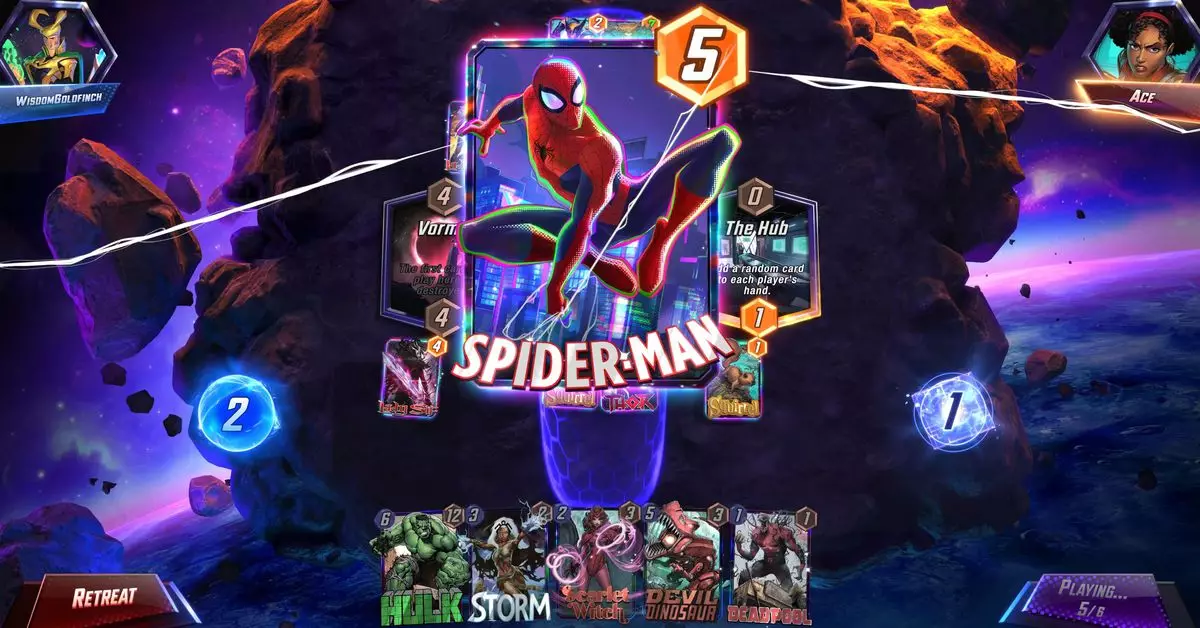In an increasingly interconnected digital world, the intersection of government regulations and technology can create unexpected hurdles for gaming developers. A recent incident involving Marvel Snap has highlighted the fragility that can arise when governmental policies target specific companies. After a brief blackout upon the enforcement of a law banning TikTok and other applications owned by ByteDance, the game, developed by Second Dinner and published by Nuverse, which is a subsidiary of ByteDance, faced unexpected downtime. This situation not only disrupted gameplay for many but has prompted Second Dinner to reassess its operational models in a rapidly evolving market.
The Developer’s Response to a Crisis
In the wake of the service interruption, Second Dinner swiftly communicated their plans to users, emphasizing their intent to bring “more services in-house” and search for a new publishing partner. This proactive approach reflects an understanding of the unpredictable nature of the gaming landscape as government oversight begins to tighten around foreign-owned technology companies. The development team appears committed to long-term stability, which should resonate well with players concerned about service reliability. As fans eagerly await improvements, this situation could serve as a lesson for others in the industry about the importance of diversifying partnerships and being agile in response to regulatory pressures.
While Marvel Snap has resumed operations in the U.S., challenges still loom. The game remains unavailable on both the App Store and Google Play, which hinders new users from joining and prevents existing players from accessing updates. Although it can still be found on Steam, the absence from major mobile platforms could dampen player engagement. With mobile gaming dominating the industry, Second Dinner risks losing its player base as potential newcomers can’t easily access the game. This reliance on a specific distribution model raises questions about the long-term sustainability of Marvel Snap amid these regulatory challenges.
Drawing a parallel to the situation with TikTok—an app that also faced a temporary shutdown yet quickly restored operations—underscores a larger narrative in the tech realm. While TikTok managed to resume its services after a mere half-day disruption, the implications of legal challenges remain a critical consideration. The app’s exclusion from app stores serves as a stark reminder that being tethered to any regulatory contention can jeopardize accessibility. For gaming companies like Second Dinner, this raises the question of whether relying on a singular publisher is a hazard that could lead to future complications.
As Marvel Snap navigates these turbulent waters, it epitomizes the precarious environment in which modern gaming operates. Developers must remain vigilant, adapting their strategies to avoid vulnerabilities arising from political decisions. The issues faced by Marvel Snap may prompt not just re-evaluations within the company but also across the industry as a whole. Ensuring resilience against regulatory shifts will be paramount, ultimately affecting how games are developed, marketed, and accessed in an ever-changing digital landscape. For players, the hope is that the experience remains enjoyable despite the challenges ahead.

